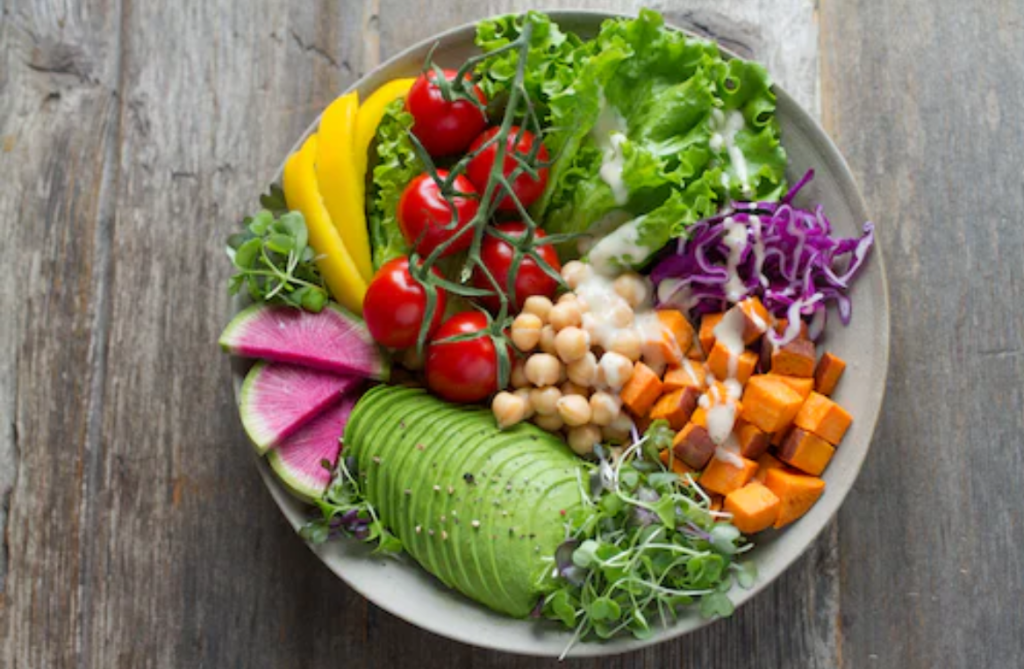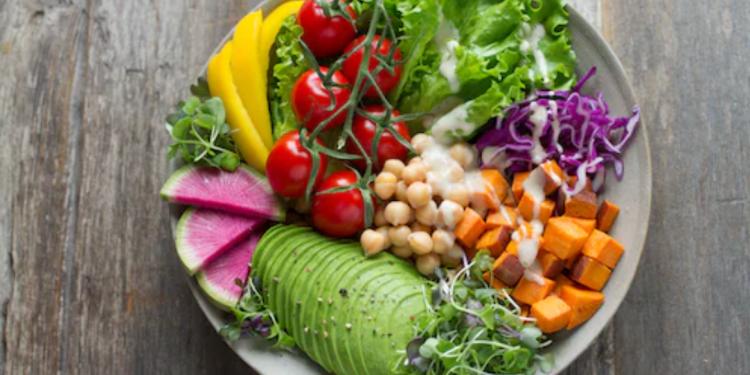Introduction
In a world rich with diverse cultures and culinary traditions, exploring international flavors at home is an exciting journey that opens doors to new tastes, aromas, and experiences. Whether you’re a seasoned chef or a novice cook, delving into ethnic cuisine offers endless opportunities for creativity and discovery.
Researching Ethnic Cuisine
Before embarking on your culinary adventure, take the time to research the cuisines you’re interested in exploring. Dive into cookbooks, online resources, and documentaries to learn about the history, ingredients, and cooking techniques of different cultures. Understanding the cultural context behind each dish will deepen your appreciation and enhance your cooking skills.
Stocking Your Pantry
Building a well-stocked pantry is essential for cooking ethnic cuisine at home. Invest in staple ingredients like spices, herbs, grains, and condiments commonly used in various cuisines. Look for specialty stores or ethnic markets in your area to find authentic ingredients, or explore online options for sourcing hard-to-find items. Having a diverse range of ingredients on hand will allow you to experiment with different flavors and recipes.
Experimenting with Recipes
Start your culinary journey by trying simple recipes that introduce you to the basic flavors and techniques of a particular cuisine. As you gain confidence, gradually expand your repertoire by tackling more complex dishes. Don’t be afraid to modify recipes to suit your taste preferences or dietary restrictions—cooking is all about creativity and adaptation.
Exploring Regional Variations
One of the joys of exploring ethnic cuisine is discovering the diversity within each culinary tradition. Take the time to explore regional variations of your favorite dishes, from the spicy curries of southern India to the delicate sushi of Japan’s coastal regions. Trying dishes from different regions within the same country will give you a deeper understanding of its culinary landscape.
Cultural Sensitivity and Appropriation
As you explore different cuisines, it’s important to approach them with respect and sensitivity. Avoid perpetuating stereotypes or misrepresentations in your cooking, and be mindful of cultural appropriation. Take the time to learn about the cultural significance of the dishes you’re preparing and honor their culinary heritage with authenticity and integrity.
Cooking Techniques and Equipment
Each ethnic cuisine has its own set of cooking techniques and equipment that contribute to its unique flavor profiles. Experiment with traditional cooking methods like stir-frying, braising, or steaming to achieve authentic results. Consider investing in specialty cookware or appliances specific to the cuisines you’re exploring, such as a tagine for Moroccan cuisine or a wok for Chinese stir-fries.
Pairing Ethnic Dishes
Pairing ethnic dishes with complementary sides, sauces, and beverages can elevate the dining experience. Experiment with different flavor combinations to find the perfect balance of sweet, savory, spicy, and sour. Don’t be afraid to get creative and blend flavors from different cultures to create fusion dishes that reflect your own unique palate.
Sharing the Experience
Cooking ethnic cuisine at home is not just about feeding yourself—it’s about sharing the experience with others. Host themed dinner parties or cooking workshops to introduce friends and family to new flavors and cultures. Document your culinary adventures on social media or a blog to inspire others and connect with fellow food enthusiasts.
Overcoming Challenges
Exploring ethnic cuisine can be challenging, especially when dealing with unfamiliar ingredients or difficult recipes. Don’t be discouraged by setbacks—instead, view them as opportunities for growth and learning. Embrace the learning process, and don’t be afraid to ask for help or seek out resources to expand your culinary knowledge.
Health Considerations
While many ethnic cuisines offer delicious and nutritious options, it’s important to be mindful of health considerations when cooking at home. Adapt traditional recipes to fit your dietary preferences or restrictions, and incorporate nutritious ingredients like fruits, vegetables, whole grains, and lean proteins. Balance indulgent dishes with lighter options to maintain a healthy and balanced diet.
Culinary Travel
Food is a powerful way to experience and connect with different cultures, even without leaving your home. Use food as a gateway to explore new destinations, and seek out authentic dining experiences that showcase the local cuisine. Whether you’re sampling street food in Bangkok or savoring tapas in Barcelona, culinary travel offers a feast for the senses and a deeper understanding of the world around us.
Community Engagement
Engaging with your local community is another great way to immerse yourself in ethnic cuisine. Join cooking classes or cultural organizations to learn from experts and connect with like-minded individuals. Sharing tips, recipes, and stories with fellow food enthusiasts will enrich your culinary journey and foster a sense of belonging and camaraderie.
Embracing Diversity
Ultimately, exploring international flavors at home is about celebrating the rich tapestry of cultures and traditions that make our world so vibrant and diverse. Use food as a tool for cultural exchange and understanding, and embrace the opportunity to broaden your culinary horizons. By opening your kitchen to new flavors and experiences, you’ll not only expand your palate but also enrich your life in ways you never imagined.

FAQs
1. How can I find authentic ingredients for ethnic cuisine in my area?
- Look for specialty stores or ethnic markets that cater to specific cuisines, or explore online options for sourcing hard-to-find ingredients.
2. Are there any resources for learning about the cultural significance of different dishes?
- Yes! Cookbooks, documentaries, and online resources offer valuable insights into the history, ingredients, and traditions behind ethnic cuisines.
3. How can I adapt traditional recipes to fit my dietary preferences or restrictions?
- Experiment with substitutions or modifications to accommodate dietary restrictions, such as using alternative ingredients or adjusting cooking methods.
4. What are some tips for hosting themed dinner parties or cooking workshops?
- Plan ahead, choose a diverse selection of dishes, and involve your guests in the cooking process to create a fun and interactive experience.
5. How can I support local communities and businesses while exploring ethnic cuisine?
- Look for opportunities to patronize local restaurants, markets, and cultural organizations that showcase and preserve ethnic culinary traditions.




